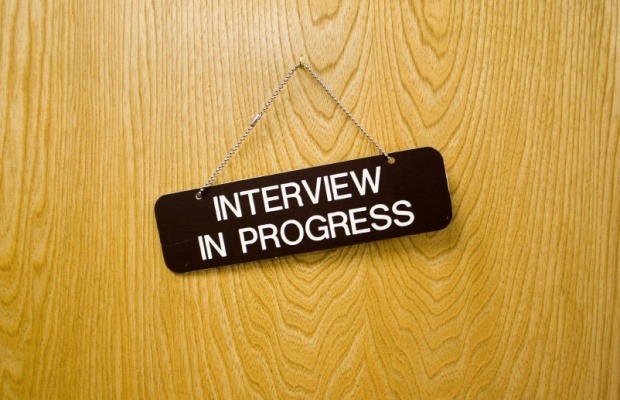
The most important part of any job process is the interview. The job interview can mean the difference between landing your dream job and not. So we here at Course Crawler thought we'd give you some handy tips we have called 'Essential Job Interview Techniques' in a bid to help you in your next job interview.
In a bid to make this advice as useful as possible we have broken done the advice into 'Before the job interview' and 'During the interview' suggestions.
Before the job interview
Below are a few useful tips about how best to prepare for a job interview
- Prior to any job interview make sure you know exactly what the job specification is for the role you have applied for. This will allow you to prepare any answers that you may be asked about if there are any holes in your experience.
- Practice the answers you will give to the sort of questions you may feel you might be asked. For example, classic job interview questions include "Why did you apply for this role?", "What experience do you have of ...?", "Where do you see yourself in 5 years time?" and the dreaded "How would you handle this situation ....?". Answers to these questions shouldn't be vague or cocky but should be answered with clear ideas to show the interviewer that you have thought about such things.
- Be prepared to face the unexpected. Some interviewers may through you a curve ball and ask you about a topic within the news or even ask you to give a short presentation / demonstration. If so, relax and try not to appear unnerved.
- Familiarise yourself with your CV. Make sure that you remember the experience and education you noted, including dates. Also take a copy of your CV with you. The interview may not have one to hand - it does happen.
- Make sure that you have prepared formal clothing to wear. First impressions count so look as smart as possible and leave the jokey ties and socks at home.
- Make sure you know the exact location of the interview. Take a map or GPS on your fully charged mobile and if possible, do a dry run to the destination at the time of your interview a day or two beforehand.
- Read up on the company that you're looking to join. Showing you have some knowledge about the company will show the interviewer that you have done your homework.
- Think about how you will walk in and sit during the interview. Body language is a good indication of confidence and how comfortable you are. So think about this beforehand and aim to appear relaxed and alert.
- Have a bank of questions that you'd like to ask the interviewer. This will show that you have fully prepared for the interview and it will also allow you to gain information that hasn't been discussed.
During the interview
So you've found the location on time, you look smart and you have a copy of your CV with you. You've practised what answers you will give to certain questions and you've read around the company. Let the interview begin.
- Make an entrance. Walk in, stand up straight, smile and hand the interviewer(s) by the hand.
- Try to maintain eye contact during the meet and greet. This will show you are confident and are happy to be there.
- If the interviewer(s) says his or her name(s) repeat them back to make sure you heard them correctly. This will also build an instant connection as you can direct answers back to someone by name.
- If the interview is conducted by more than one person share eye contact equally. This will build rapport with the panel and show that you're personable.
- Be positive when answering a question. If thereis a part of the role that you're unfamiliar with then rather than say "I never done that", or "I don't know" say "I have been trained to deal with this situation but as yet I have not had the chance to build experience in this area. Such an answer shows that a. you're trained and qualified for the role and b. you're confident that if such a situation did arise in your job, that you could handle it.
- Pause before giving your answer. This will allow you to fully digest the question and it will also demonstrate that you can think clearly in a pressurise situation.
- Lightly litter your answers with the knowledge you acquired when research the company and role. This will impress the interview and demonstrate that you're taking the interview process seriously.
- Don't bring up the topic of pay or holidays. Of course these areas are important but let the interviewer introduce this discussion as and when they feel it is appropriate.
- Ask the interviewer your prepared questions and make a mental note.
We hope these tips have been helpful. Now go and get them tiger!
